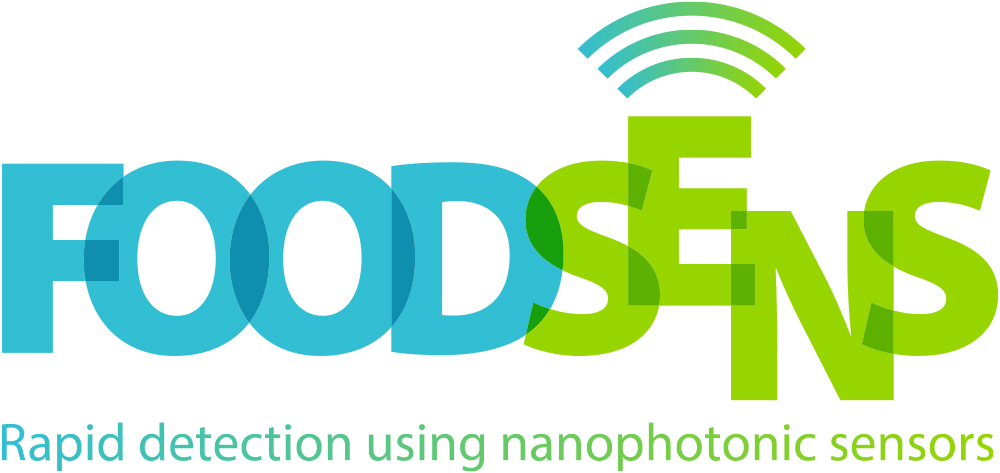Rapid Detection of Pathogens and Adulteration in Raw Milk via immersible photonic sensors

ACRONYM:
FOODSENS
LEADER:
Eleni Makarona
START DATE:
29/10/2020
LATE DATE:
28/10/2023
FUNDING SOURCE:
GSRT
Food quality and safety assurance are critical issues to the Food Industry, a fact reflected in the size of the global market for the identification of harmful substances in food. In order to ensure food quality and to safeguard public health, regulatory authorities have set specific MRLs and rigorous control procedures for substances considered as contaminants or agents of fraud in food. The approved methods are usually carried out by qualified personnel either in-house or in certified external laboratories. In many cases though, when the raw materials are delicate and susceptible to contamination or adulteration, such as milk, it is necessary to control it for contaminants and/or falsification as quickly as possible and preferably at the collection sites. However, today's analytical techniques require a minimum of 24 hours if conducted in-house and up to 2 weeks when performed by external laboratories.
FOODSENS is a groundbreaking photonic tool conceived to meet the pressing need of the Food Industry for cost and time of quality assurance analyses compression. The breakthrough nature of the proposed system and its potential usefulness for the entire Food Industry will be demonstrated in a case study conducted by the Milk Industry under real conditions that will include: (a) the simultaneous detection of aflatoxin M1 (AFM1) and bovine casein at the milk collection sites, and (b) the detection of B. cereus and L. monocytogenes within 10min if specimens have loads> 100 CFU / mL and up to 6 hrs for very low or zero loads. Bacteria and AFM1 are pertinent to all types of milk. Their detection above the acceptable limits automatically results in product rejection. Fighting fraud mainly concerns consumers with allergic predisposition to cow's milk and PDO products made by sheep's/goat's milk. With regard to AFM1 and adulteration, it is desirable to carry out the detection at the collection sites in order to avoid the receipt of contaminated or adulterated milk or the mixing of good-quality lots with below-standard or unsafe milk.
The disruptive FOODSENS tool is based on a directly-immersible photonic chip operating as a label-free biosensor. Despite its ease-of-use resembling that of a strip test, it is capable of delivering accurate, quantifiable answers within minutes. The photonic chip exploits the so-called Broadband Mach-Zehnder Interferometry (BB-MZI), a detection prinicple already proven to have the sensitivity limits required by the Food Industry. Each chip will contain 3 BB-MZIs, 1 reserved to serve as a reference with its sensing arm coated with an inactive protein. The sensing arms of the other 2 BB-MZIs will be activated with specific probe molecules. Inclusion of the reference MZI enables the automatic baseline correction and suppression of sample matrix effects, allowing for highly-sensitive detection by a single, self-referenced measurement by simple immersion of the sensor into the sample.
To achieve its goals, FOODSENS will exploit the 20+-year experience and collaboration in innovative biosensors of 2 research laboratories of NCSR "D". Their know-how will be combined with the experience of the Agricultural University and the creative capacity of ThetaMetrisis, a SME specialzing in technological solutions for photonic systems. Most importantly, the evaluation of FOODSENS will be carried out by one of the largest Food Industries, JOTIS, which will be responsible for the pilot application of the rapid analyzer/ micro-organism detection. One of the main objectives of the proposal is the development of a business plan for the commercial exploitation of the FOODSENS system and its entrenching in the world market of analytical instruments. Finally, a specific task is foreseen that will promote and disseminate the results both in the academic and business community. The actions for the exploitation and dissemination of the results will be co-ordinated by SEVT and the PRAXI network.